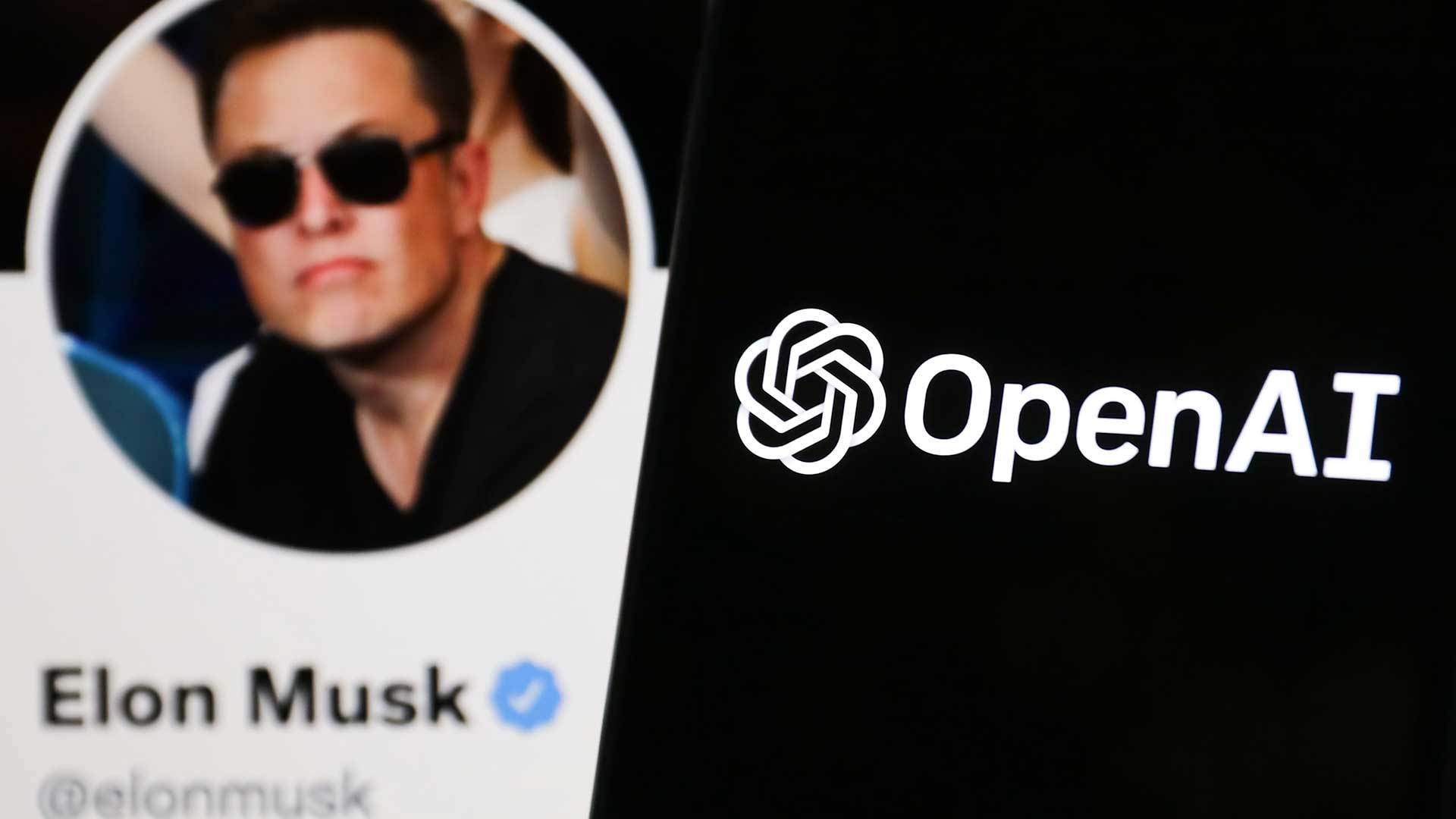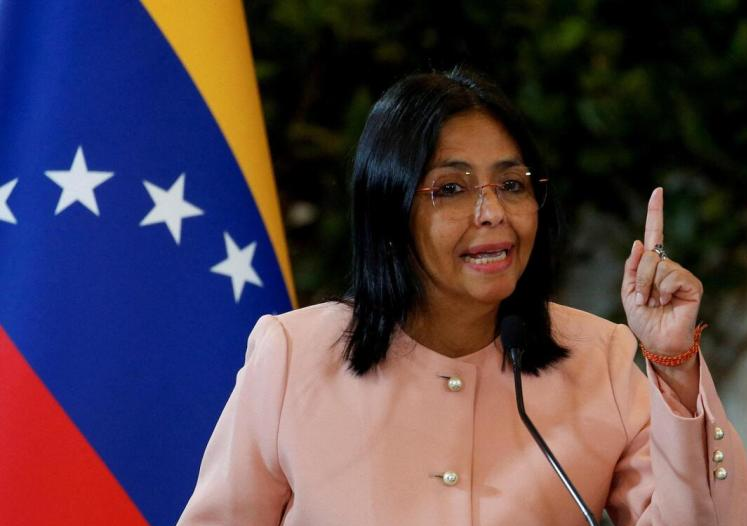
Recently, the focus of the global technology community has once again focused on the legal dispute between well-known American entrepreneur Elon Musk and the United States Open Artificial Intelligence Research Center (OpenAI). The dispute was already high-profile, but now, with Musk filed a new 107-page complaint in the U.S. District Court for the Northern District of California, the lawsuit has escalated again, causing a lot of attention and heat.
Musk, as the founder of many technology giants such as Tesla and SpaceX, has always been a leader in technological innovation. The Open Artificial Intelligence Research Center of the United States, as a non-profit organization dedicated to promoting the development of artificial intelligence technology, also enjoys a high reputation in the scientific and technological community. Back in 2015, Musk co-founded OpenAI with a group of like-minded technology elites to ensure that the development of artificial intelligence can benefit all of humanity, rather than become a threat.
Over time, however, the relationship between Musk and OpenAI began to crack. In 2018, Musk announced he was stepping down from OpenAI's board, a decision that led to a lot of speculation. Although the two sides have not publicly disclosed the specific reason, it is widely believed that it may be related to the direction of OpenAI, funding operations or internal management issues.
Musk first filed a lawsuit against OpenAI in August, accusing it of violating his legal rights by using his name and likeness for commercial promotion without authorization. The lawsuit caused quite a stir at the time, but now it seems that this is just the beginning of Musk's counterattack.
In the new complaint, Musk not only retains the original infringement allegations, but also adds more antitrust allegations. He accused OpenAI of having an improper partnership with Microsoft that created a monopoly on the AI market by sharing technology, data and resources. Musk believes that such monopolistic behavior not only harms the interests of consumers, but also hinders the innovation and development of other artificial intelligence enterprises.
It is worth noting that Musk also named Microsoft and California Attorney General Bonta as defendants. This move undoubtedly further increased the complexity and impact of the lawsuit. As one of the world's largest software companies, Microsoft has a pivotal position in the field of artificial intelligence. California Attorney General Bonta represents the government's position, and his intervention undoubtedly adds more political and legal color to the lawsuit.
Musk's lawsuit against OpenAI is not just a simple legal dispute, but a collision between interests and ideals. As one of the founders of OpenAI, Musk has high hopes for the development of artificial intelligence, hoping that it can become an important force to promote social progress. As OpenAI grew, however, Musk gradually found that the once-like-minded team seemed to have strayed from its original track.
In Musk's view, OpenAI's cooperation with Microsoft not only weakens its competitiveness in the field of artificial intelligence, but also goes against its original intention of non-profit, open source sharing. He worries that if this monopoly trend continues, it will cause incalculable damage to the entire AI industry. Therefore, he chose to protect his rights and ideals through legal means.
Musk's lawsuit against OpenAI has undoubtedly brought profound reflection and inspiration to the science and technology community. On the one hand, it reminds us that in the process of scientific and technological innovation, we must adhere to the moral and legal bottom line, and respect the intellectual property rights and legitimate rights and interests of others. On the other hand, it also warns us that cooperation and competition between technology giants must follow the principle of fairness and justice to avoid the formation of monopoly and unfair competition.
In addition, the lawsuit also triggered people's attention and thinking about the future development of artificial intelligence. As a technology with disruptive potential, the development of artificial intelligence will profoundly change every aspect of human society. Therefore, we must face this challenge and opportunity with a more open, inclusive and prudent attitude.
Musk's lawsuit against OpenAI has once again escalated, not only an escalation of a legal dispute, but also a profound reflection on the future development path of the science and technology community. In this lawsuit, we see the collision of interests and ideals, the interweaving of cooperation and competition, and the delicate balance between technology and law. Regardless of the final outcome, this lawsuit will have a profound impact and enlightenment on the development of the artificial intelligence industry.

Venezuela's Vice President and Oil Minister Rodriguez said that the US government's blockade of sanctioned oil tankers entering and leaving Venezuela violates international law.
Venezuela's Vice President and Oil Minister Rodriguez said …
On December 16 local time, the Ministry of Space Science Ex…
Recently, a highly anticipated phone call between the defen…
Right now, the world's major central banks are standing at …
Recently, according to Xinhua News Agency, the news of a tr…
The Trump administration recently launched a new recruitmen…